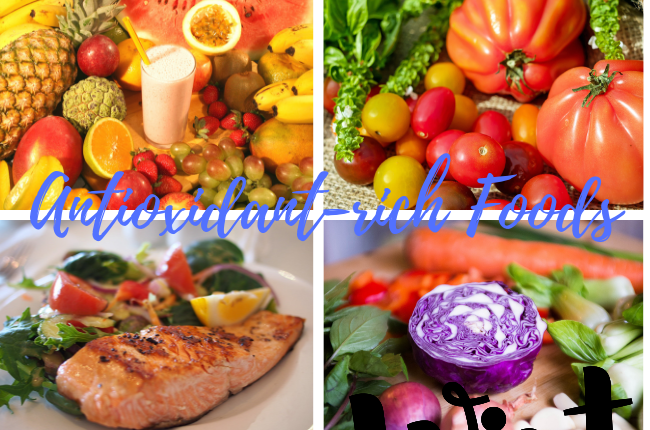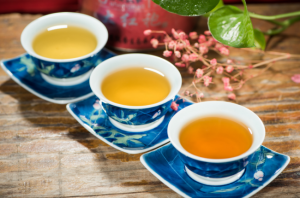Depression is often assumed to be simply being in a state of extreme sadness. However, in medical terms, depression goes beyond feeling sad and often it is caused without any logical reason. Depression is a condition wherein a person constantly feels sad, worthless and irritable and the affected person takes no interest in the day-to-day activities.
Symptoms of Depression
Some of the most recognizable symptoms of depression include extreme sadness, irritability, frustration and loss of interest in day-to-day activities. Apart from emotional symptoms, depression is also characterized by physical symptoms such as changes in appetite (either loss of appetite or excessive eating), insomnia or excessive sleeping, restlessness, fatigue, constant crying and frequent thoughts of death or suicide.
Medication
The preferred method of treating depression is by prescribing anti-depressants that help alleviate the mood. However, anti-depressants are known to cause a large number of side effects (ranging from minor issues to major) and they are also addictive which can often lead to people taking a far bigger dose than recommended. Unless it is a serious case, doctors usually recommend patients to enroll in therapy rather than prescribing anti-depressants.
Herbal Remedies for Depression
There are several herbal remedies for depression, some of them as effective as synthetic medications without the baggage of side effects. Some of the popular remedies include:
St. John’s Wort: St. John’s wort is considered to be one of the best herbal remedies for depression. While it is yet to be approved by the FDA in the United States, it is widely used in Europe in treating depression. Herbal remedies prepared using St John’s wort are outselling popular anti-depressants like Prozac in Germany.
Kava: Another popular herbal remedy for depression is the kava root. This plant has been used for thousands of years in the South Pacific region in treating several health problems including anxiety. Recent studies have shown that the root contains compounds known as kavalactones that help relax the body and provide relief from anxiety.
Valerian Root: Valerian plant is a herb that is native to Europe and Asia. The root of the plant produces a powerful sedative effect and is used to treat insomnia associated with depression. The root also has anxiolytic properties works on a similar principle as the Kava root and helps by relaxing the body.
Serbian Ginseng: Serbian Ginseng is a popular “stress buster” that is widely used in treating fatigue and stress associated with depression. The herb regulates several hormones in the body including serotonin, dopamine, norepinephrine and epinephrine that determine the mood.
Ginkgo: Ginkgo is a popular herbal remedy that is usually used among the elderly to treat depression. The plant provides several benefits for older people suffering from depression including regulation of dopamine, norepinephrine and serotonin and inhibition of adrenal steroid synthesis (which affects people suffering from severe depression). Thus, this herb helps overcome fatigue and anxiety.
Apart from the remedies listed above, many other herbs help overcome depression. However, an important point to keep in mind is that one should avoid self-diagnosis and medication when dealing with depression. If you suspect that you might be suffering from depression, then it is highly recommended that you contact a medical professional and discuss any possible alternative treatments for the condition.
One possible treatment that may ease depression symptoms is acupuncture. Visit AB Acupuncture to learn more.


 Link Between Stress and Health
Link Between Stress and Health
 Herbal teas, especially chamomile tea, are relaxing and induce sleep, thus alleviating stress. Teas made of sage leaves and rose hips are also soothing. A number of herbs, including the holy basil, are used in ayurveda (the traditional Indian system of medicine) to reduce stress. Warm milk with honey and cinnamon or just honey in hot water are popular home remedies.
Herbal teas, especially chamomile tea, are relaxing and induce sleep, thus alleviating stress. Teas made of sage leaves and rose hips are also soothing. A number of herbs, including the holy basil, are used in ayurveda (the traditional Indian system of medicine) to reduce stress. Warm milk with honey and cinnamon or just honey in hot water are popular home remedies.